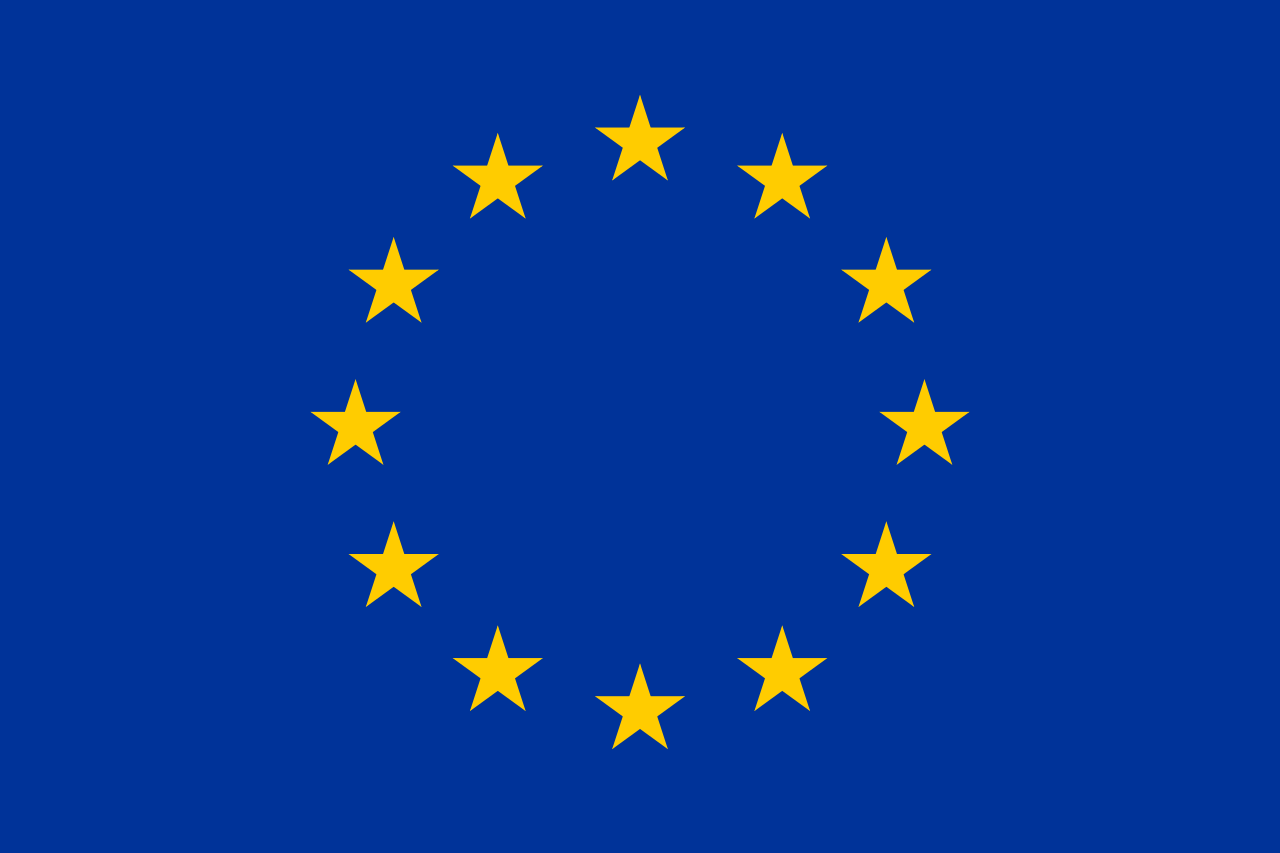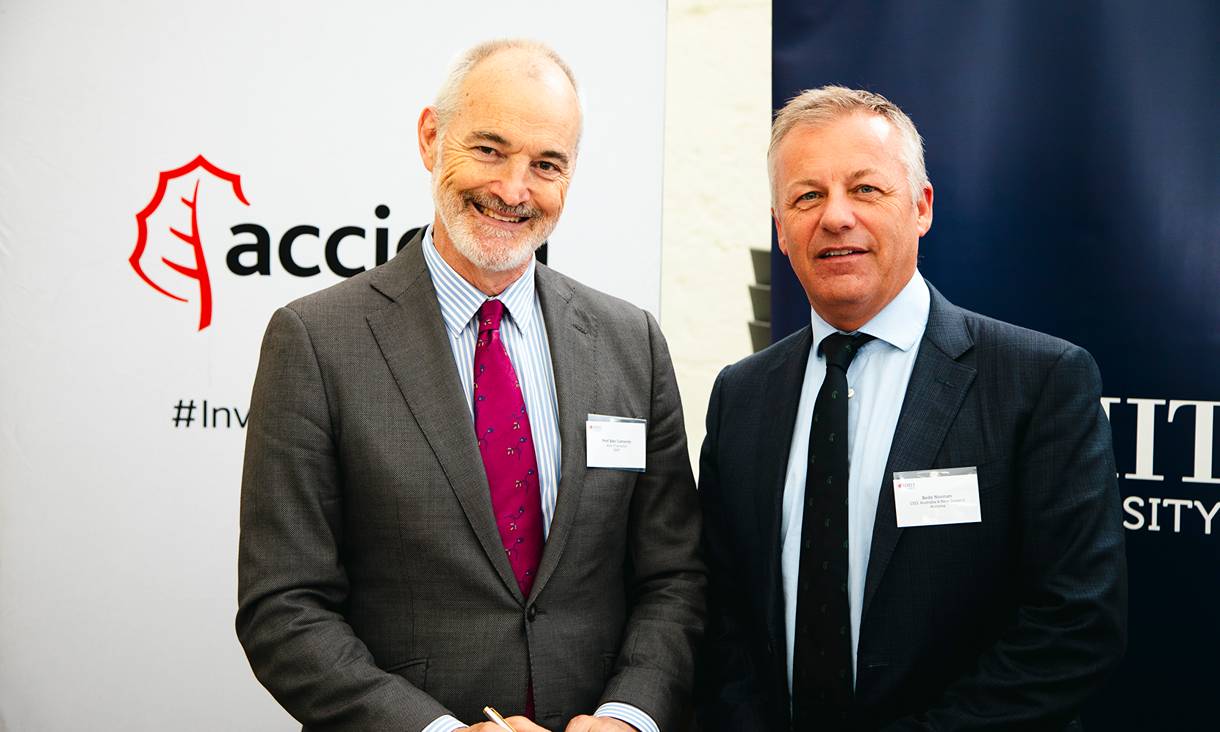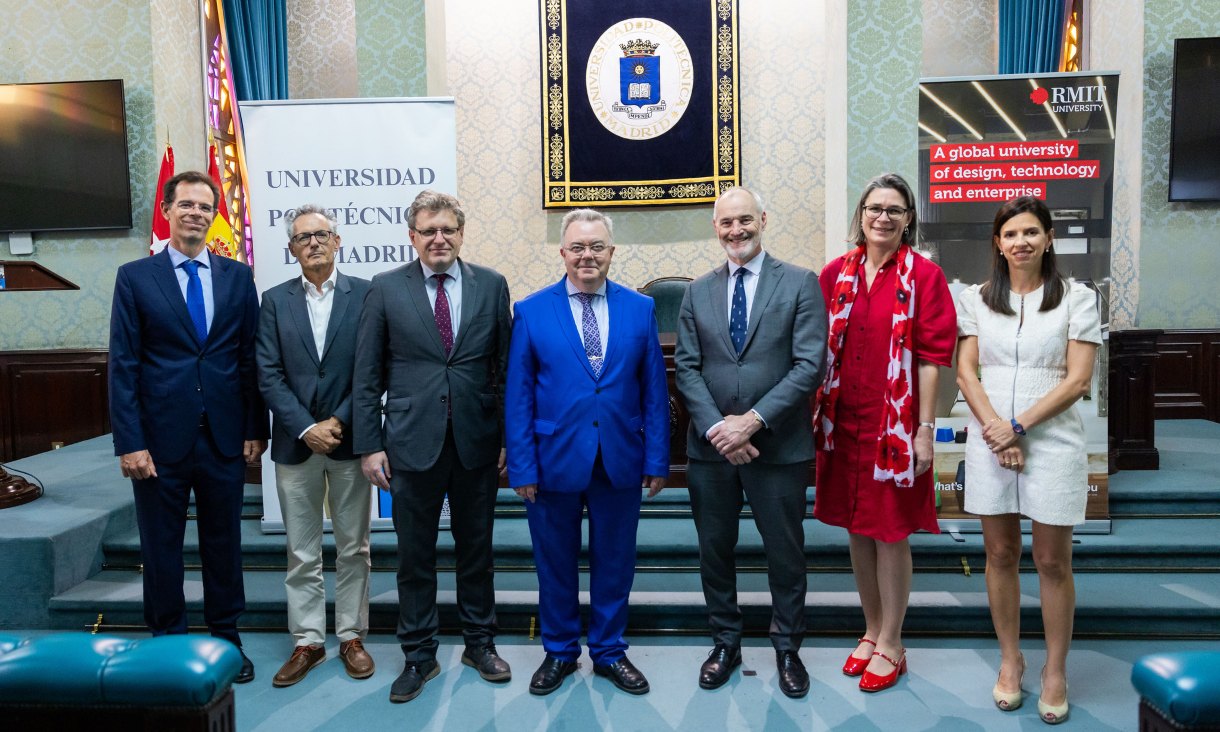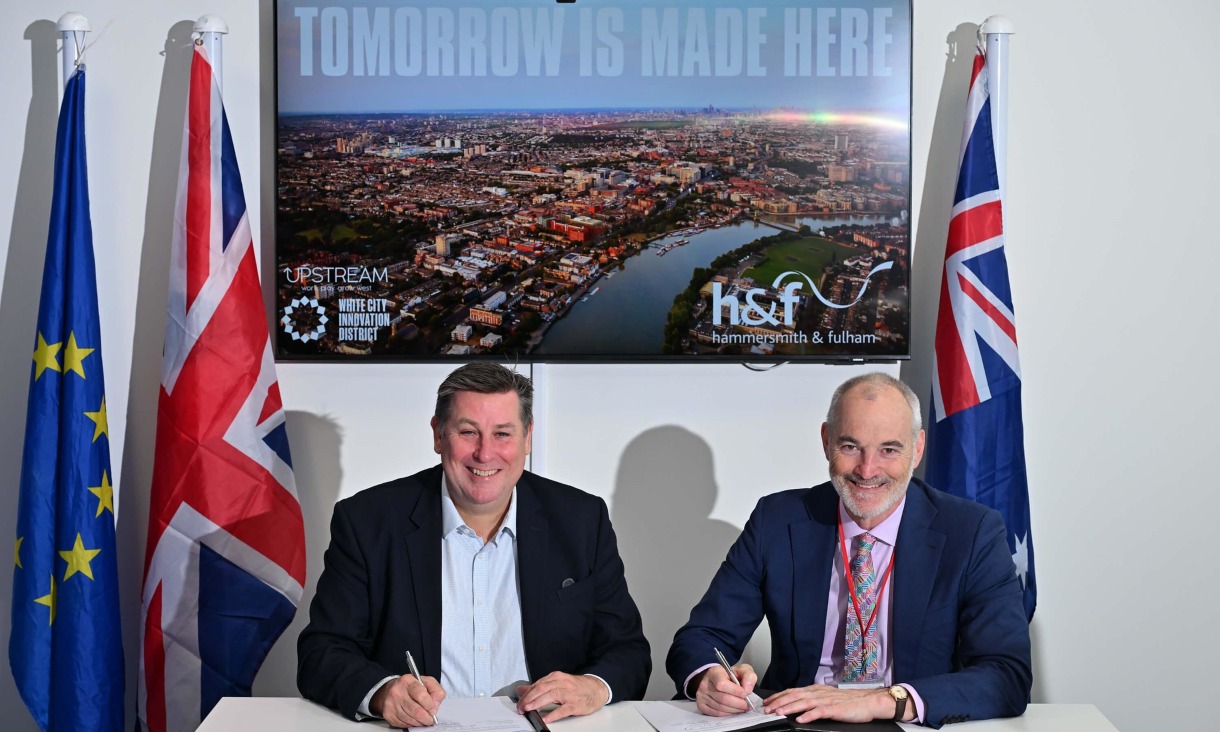The 10-member research consortium is led by the Danish Board of Technology Foundation and includes research centres, industry groups and universities in the Netherlands, Czech Republic, Norway, Austria, Italy, Switzerland, Ireland and Spain.
The project, which is named GoNano - Governing nanotechnologies through societal engagement, is funded through the Horizon 2020 (H2020) research and innovation scheme and was recently launched in September.
RMIT researchers Paul Wright, Arnan Mitchell and Bryce Feltis from the University's College of Science, Engineering and Health are involved in the three-year project.
Wright and Mitchell recently took part in the project's inaugural meeting in Copenhagen along with RMIT Europe's Research and Innovation Associate Industry 4.0 Boaz Kogon.
Kogon said that the project will improve the responsiveness of research and innovation processes to public values and concerns.
"Nanotechnology, which is the manipulation of matter at the atomic scale, has resulted in rapid advances across medicine, materials, electronics, food and technology.
"But its powerful potential also means that it needs careful governance – and with input from a wide group of stakeholders.
"The GoNano project will see engagement with citizens, civil society organisations, nanotech industry, researchers and policymakers to inform the future of nanotechnologies in Europe," he said.
One of the aims of the project, which is expected to run to 2020, is to demonstrate how researchers can effectively work with public and professional stakeholders to create novel suggestions for future nanotechnology products.
Expected outputs also include the co-creation of concrete product suggestions in food, health and energy as well as nanotechnology policy recommendations.
RMIT's contribution to the project will involve running stakeholder workshops and webinars, creating guidelines and electronic toolkits as well as delivering a postgraduate and research summer school.
The work will be delivered out of the University's European hub in Barcelona, RMIT Europe.
Story: Karen Matthews





